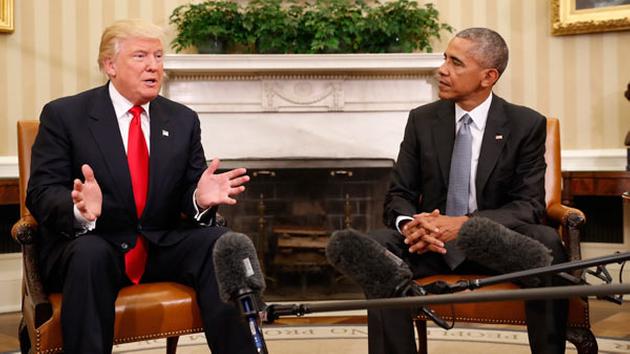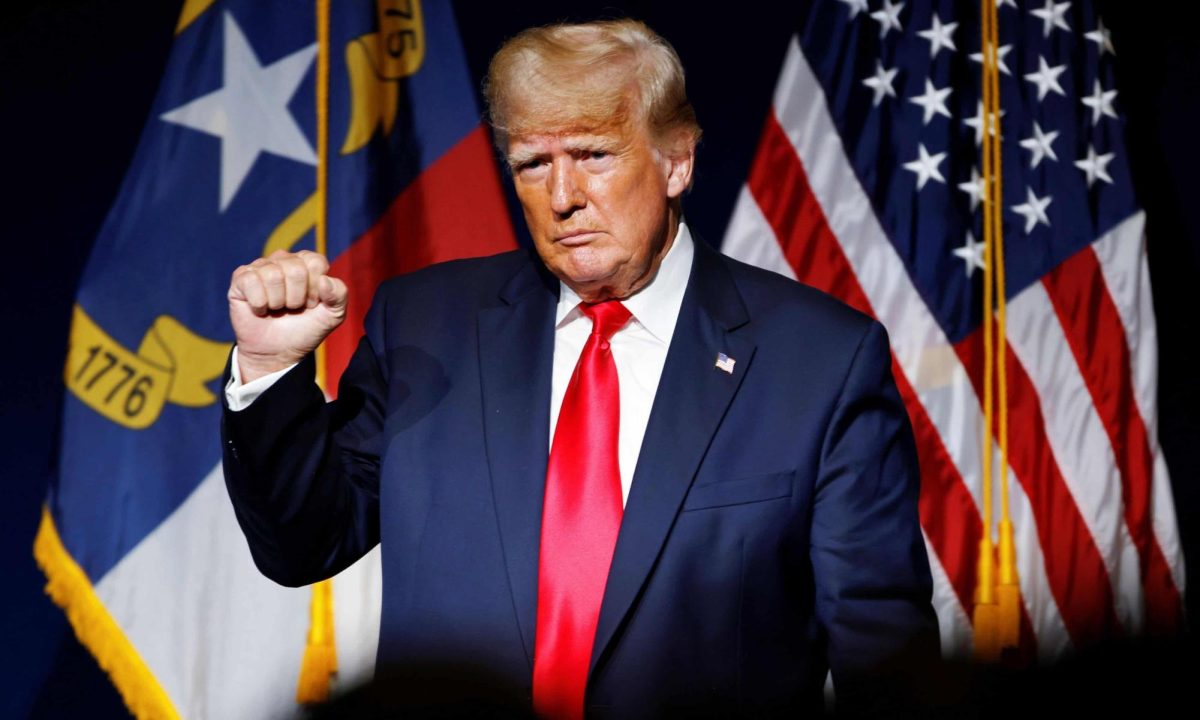Obama’s Problem Will Become Trump’s Problem
November 16, 2016
In the fallout from the election of Donald Trump, the analysts and pundits who were so wrong about predicting the winner are furiously penning explanations over why Clinton lost. I too joined the avalanche of political authors looking to understand last Tuesday’s election results.
One of the foremost explanations offered by analysts on both sides was a drop in turnout among Democrats, and especially among black voters. Whereas Hispanics came out in larger numbers driven by antipathy for Trump, driving down Trump’s margin in Arizona from Romney’s 14 points to merely 4, black voters stayed home in more critical battlegrounds. Lacking any affiliation with Clinton that they shared with Obama for obvious reasons, black voters, who are more likely to be located in swing states than Hispanics, didn’t turn out. Clinton and her party relied too hard on black turnout in cities such as Philadelphia in Pennsylvania, Milwaukee in Wisconsin, and Detroit and Flint in Michigan. Failing to drive up her margins among black voters in the urban areas, Clinton could not compete with the avalanche of rural voters which delivered all three states just mentioned to President-elect Donald Trump.
In the wake of this electoral defeat for the Democratic party, many writers are now arguing that the triumphs of President Obama were singular to his candidacy, and that even when he emerged victorious, Republicans won midterm elections when he was not at the top of the ticket. Looking back at the 2010 and 2014 midterm elections, Republicans locked down their holds on Congress and made a lame duck of the President. Many now conclude that the political machine of Obama, as it is sometimes called, is non-transferable to the party, assigning his victory to his singular character rather than strength of party organization. This is hailed as an important reason offered as to why Clinton lost the election.
But fresh off from electoral victory, it is the Republicans who now claim a similar hubris, albeit with more righteousness. After all, the GOP hasn’t been this strong since the 1920s. Today, it controls a majority of governorships, state legislatures, a large majority in the House, a majority in the Senate, as well as, of course, the Presidency. But Republicans were not expected to win the Senate this year. They were, among other seats, supposed to lose a hard-won Senate seat in Wisconsin, but, rather than dragging down Senate candidates, Trump carried Wisconsin’s Republican incumbent Ron Johnson to his reelection in the state. Both Trump and Johnson were down in the polls by about just as much. Trump, projected to lose Pennsylvania, decided to win it instead, and brought the faltering Republican incumbent in Pennsylvania Senator Pat Toomey along for the ride.
With the theology of free trade still dominant among the Republican Party elites, it’s difficult to imagine a scenario, under any other Republican nominee, in which Republicans kept those two Senate seats. All other Senate races equal, that leaves a 50-50 tie in the Senate, not a particularly powerful position for Republicans, for whom control now depends on the Presidency.
My point is that Republican dominance, at least on the federal level, seems to be buoyed by Trump and the populist forces responsible for his rise. Obama’s problem of failing to transfer electoral success to his party beyond his own candidacy is something that is very applicable to Trump, whose candidacy is more unique than any President who was his predecessor. While Democrats may be in for a brutal four years (the 2018 Senate map is stacked against them), the Republican Party is only as strong as its loudmouthed hijacker, Donald Trump.






